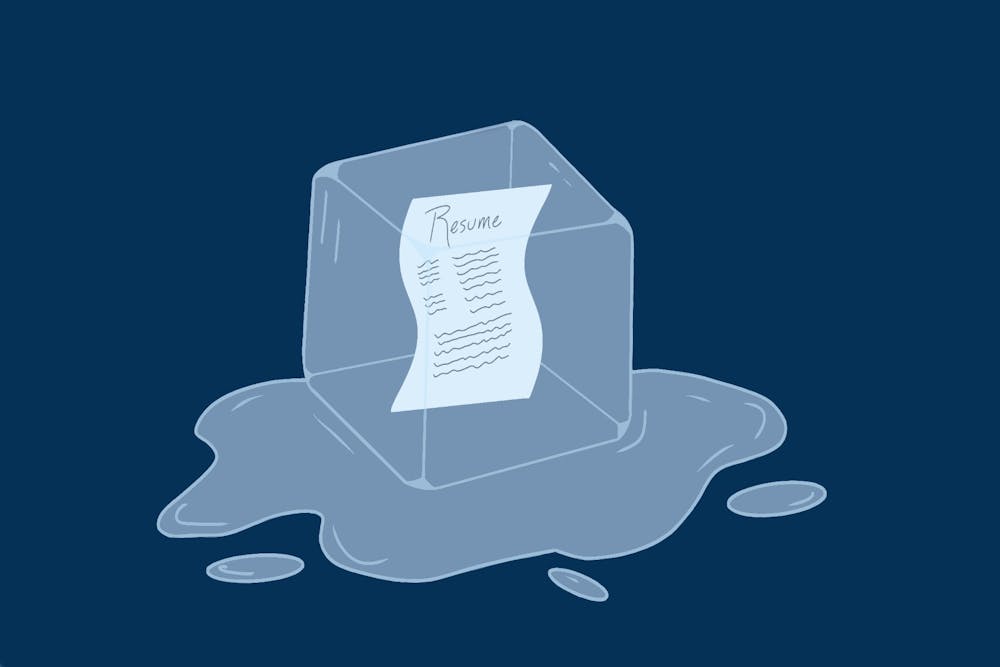If you are anything like me, the first colleges you heard about and saw in the movies were Ivy Leagues. Until about my sophomore year of high school, when I learned how difficult the Ivy Leagues really were, I imagined casually strolling the Brown campus on my way to class. Hopefully, the reality check of going to an Ivy League was a universal experience.
The reality is that for me and many other intelligent students, we are more likely to get struck by lightning than get into Brown. Luckily, I found Auburn, and I wouldn’t leave for the world. Now, Ivy’s are crowding the headlines with stories of hiring freezes and federal fund cuts. Should Ivy League rejects be thanking their lucky stars? Or is the entire academic world under scrutiny?
On Friday, March 7, the Trump Administration announced the cancellation of $400 million in grants and federal contracts to Columbia University due to its failure to act on antisemitism on campus. What’s even more shocking is that Columbia acquiesced to Trump’s ultimatums to regain its federal funding. Johns Hopkins University, a highly prestigious research university considered “Ivy Plus,” was dealt the near-fatal blow of an $800 million dollar USAID cut. In an attempt at recovery, the President of Johns Hopkins announced the devastating layoff of nearly 2,000 staff members.
At first, this seems like an issue far from The Plains. Auburn relies mostly on state funding, not federal, and our campus has been largely unaffected by the protesting that caused concern at schools like Columbia, UPenn and Harvard.
But it wasn’t long ago that Auburn experienced a Pro-Palestine demonstration on Toomer’s Corner, which did end in a minor spat of violence. Auburn is a land grant university, meaning that it is subject to Alabama law, especially its crackdown in recent years on inclusion policy through 2024 law SB129. Because Auburn is legally forced to adhere to this, I doubt we are going to experience the disruption and investigation experienced elsewhere, especially since, following the Provost’s decision, Auburn dissolved its DEI office in August 2024. It is interesting to note that Auburn was the university with the highest spending on DEI initiatives in the state prior to this decision.
But as the Ivys seem to collapse from within, we can’t just sit and watch unaffected. 85 Universities are currently under investigation for enabling antisemitism, from Yale to Ohio State. This means funding cuts, stricter rules on student loan policies, and even employee investigations. It is no longer just an Ivy League issue.
Even beyond this list, schools are berated for lingering DEI policies and “unfair” scholarships. The University of Alabama is being investigated for “race-based scholarships " that are “impermissible”. Interestingly, they also shut down their DEI office in the summer of 2024 and relocated the staff. The Trump administration is suspicious that despite the dissolution of the DEI initiatives, the ambitions of the policies remain at work.
Clemson is also experiencing a similar investigation under Title VI of the Civil Rights Act. Federal Funds, as well as Pell Grants are at stake, and the Secretary of State warns that the Trump Administration “will not yield on this commitment”.
The lines between finances, government, race, and political freedoms on college campuses nationwide are being redrawn, and students and academic employees are facing the consequences. Is Auburn in the clear? What does it mean for a student graduating from Auburn compared to a student graduating from Brown? It’s hard to know. By tomorrow, the lines could be redrawn again, targeting new schools and new rules.
Do you like this story? The Plainsman doesn't accept money from tuition or student fees, and we don't charge a subscription fee. But you can donate to support The Plainsman.





